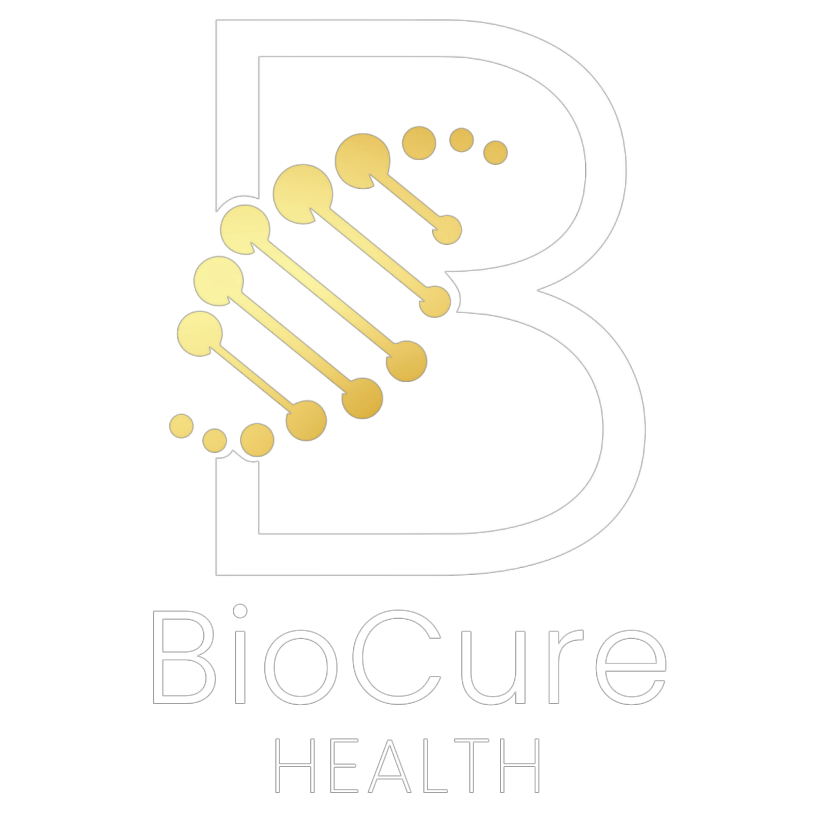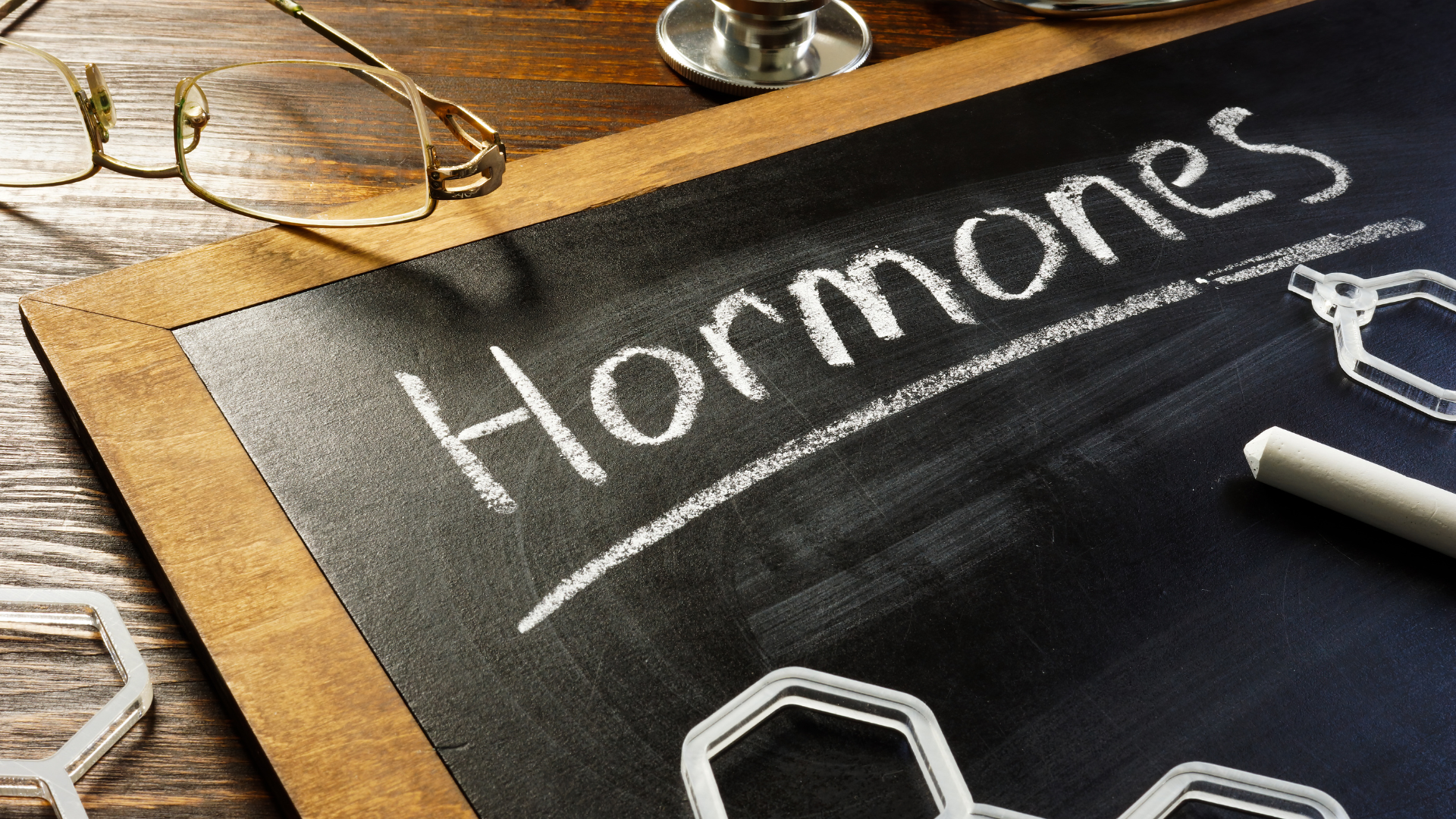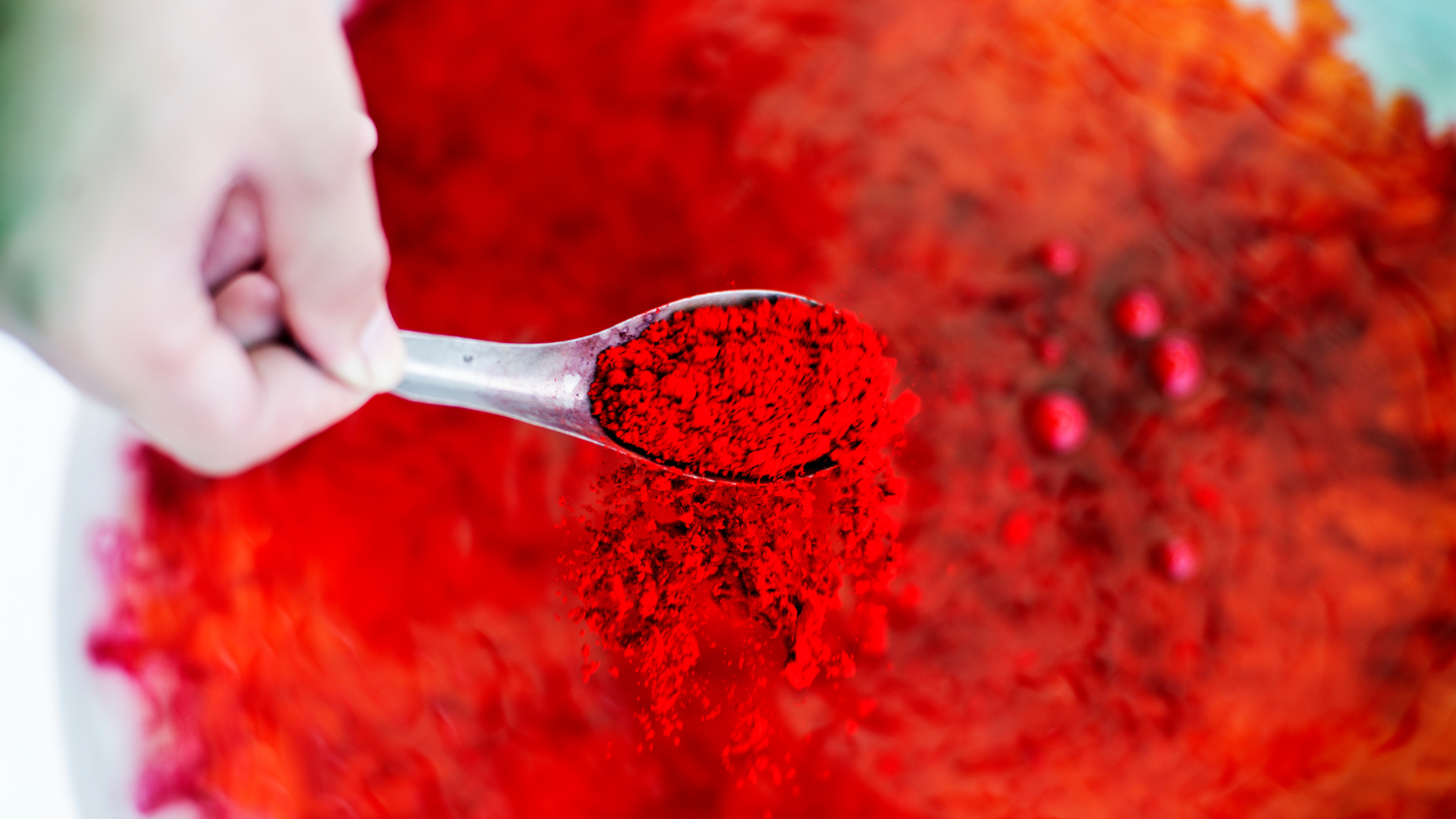Spinal discs are a vital component and play a pivotal role in spinal health. Discs absorb shock and pressure between the vertebrae and allow us to have a wide range of motion. If one of those discs herniates, it can cause pain and a reduction in mobility. In this blog, we’ll cover disc herniations and their symptoms.
What Are Disc Herniations?
Disc herniations, also called slipped or ruptured discs, is a condition with a disc that sits between the vertebrae that stack your spine. Discs are round with a soft center and tough exterior; located between each vertebra in the spinal column. Most herniated discs occur in the lumbar spine (lower back) or the cervical spine (neck). The fragments of the ruptured disc can then press on nearby nerves causing painful symptoms. Disc herniations are diagnosed with advanced imaging like MRIs or CT scans.
Symptoms To Look Out For
Depending on where on the spine the herniated disc is located and the severity of herniation, symptoms can differ. Some might not experience any symptoms at all, but here are the most common:
- Pain radiating into the arm or leg (sciatica)
- Sensations of tingling and numbness
- Weakness in the muscles – Deltoid, bicep, tricep, wrist, hand, and fingers
- Neck pain and spasms
- Foot drop – difficulty lifting the front part of the foot
- Weakness when standing on the toes
Causes, Risk Factors, & Treatments
Disc herniations are most often the result of gradual wear and tear (disc degeneration). As people age, the discs become less resilient and are more susceptible to tearing or rupturing. Disc herniations can occur over time and progressively or with a single excessive strain.
Here are the significant risk factors for disc degeneration or herniation:
- Excess body weight
- Age
- Physically Demanding Jobs
- Genetics & Family History
- Smoking
- Sedentary Lifestyle
- Too active of a lifestyle
Treatment options depend on the severity and location of the herniated discs. On the minimal side, the commonly suggested treatments would be muscle relaxers, cortisone injections, spinal decompression therapy, or PRP injections. Doctors might recommend surgery if the conservative treatments don’t relieve the pain, but this is not often the case. Very few people require spinal surgery for herniated discs.
Maintain Spinal Health With Biocure
Living with back pain can be a thing of the past, thanks to the large variety of successful treatments. Good spinal health is essential for a healthy lifestyle. Taking care of your spine now can help prevent disc herniations in the future. There are several ways to have a healthy spine: exercise regularly, retain good posture, quit smoking, hydrate well, and stay at a healthy weight. If you’re experiencing chronic back pain, consult a medical professional for diagnosis and treatment options.
Biocure understands the importance of a healthy spine and is committed to helping you achieve your goals. Call us today to book a consultation and learn more about our science-backed services.







